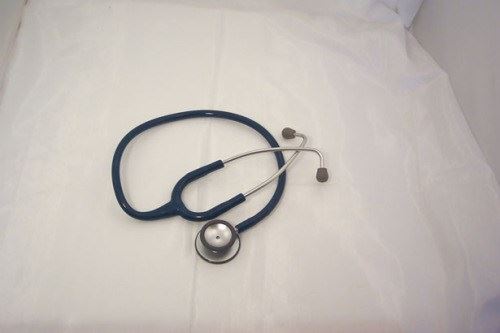There have been serious concerns lately about doctors leaving Cape Breton. CBC recently stated that health officials say half a dozen doctors have left the area or retired, and another six or seven will leave their practices within the next six to 18 months. Thousands of patients have been looking to find a general practitioner, and quickly realizing no one is taking new patients.
There has also been a shortage of geriatric specialists and other specialists that have made people take long journeys to Halifax for treatment. We are all aware of chronic issues with keeping emergency rooms open in hospitals. This must be a major problem for people that need medical care on an ongoing basis. Is it crisis time?
If it is any comfort this is a common issue in other parts of rural Canada, not only Cape Breton, where the shortage of medical care has been documented for years. Attraction and retention are both somewhat of a challenge where communities are left wondering how they can be part of the solution.
According to Maria Mathews, a Professor of Health Policy/Health Care Delivery at Memorial University of Newfoundland there are several return-for-service programs that promote work terms for new physicians to pay of student loans by working in underserved rural communities that qualify. “Eligible” communities, defined in the federal program generally as a rural community with a population of 50,000 or less that is not near a large urban center. One of the challenges that I guess Cape Breton Regional Municipality is challenged with is that collectively the communities here are much larger.
Even with these programs working effectively or not, what is stopping a physician from leaving after they have served their term? The profession is very mobile in nature so people can pick up, leave and work in other places at a drop of a hat. Doctors here have to take on more work, not have coverage, may have to diagnose beyond what they would typically do in an area that has specialists, and has to deal with old out of date medical equipment compared to what they would have in a larger urban centre where they would likely have a better quality of life.This all might appear daunting because it is.
Talking to my family doctor about this I’m told that Cape Breton is a very different place to practice. While other places are delivering lots of babies, Cape Breton is aging. He also told me horror stories about how challenging it is to get someone to fill in for a few weeks in order to take a break, and that some doctors have felt obligated to work day and night for years out of a sense of obligation. Without a core group of doctors that are dedicated and committed one wonders what the state of the place would really be.
So what can we do? Well, for one, how welcoming are we of new doctors that may want to settle in Cape Breton? How well are they able to integrate into the community here? I’ve written about some of these challenges with integration from a personal perspective in past blogs, but it is important to understand that doctors are coming from many different cultural backgrounds. They tend to be prominent figures in their communities and are driven by what good they can do. Younger doctors are looking to possibly raise families and ensure a good quality of life in the place where they practice. It’s more than enjoying the outdoors or scenery. They need to feel connected to their communities.
The other thing is looking at what demands we are putting on doctors as a whole. Perhaps we are overtaxing the system with small concerns that can be addressed through other means. I know this has been an issue with wait times for emergency rooms, and I don’t expect it to be any different in clinics or practices. When is the onus put on us to help?
So while they work on attraction and retention plans for doctors at the provincial and federal level we have some work to do. People need to feel welcomed, included in the community and to have the flexibility to enjoy life. We can help with this and have a role to play, and part of the onus is on us to do so. It would be great to hear your thoughts.
Chris Bellemore is a blogger from Ontario that moved to Cape Breton Island and is logging his experiences in this strange and wonderful place.
https://www.facebook.com/chris.bellemore
https://soundcloud.com/crispbellemono
Hey Cape Breton doctors - What can we do?
Posted by
Chris Bellemore
Receive news by email and share your news and events for free on goCapeBreton.com
SHOW ME HOW
https://capebreton.lokol.me/hey-cape-breton-doctors---what-can-we-do
Living Health & Wellness News & Information
Location CBRM
People Blogs & Opinions
View all the LATEST
and HOTTEST posts
and HOTTEST posts






40
Log In or Sign Up to add a comment.- 1
arrow-eseek-e1 - 6 of 6 itemsFacebook Comments